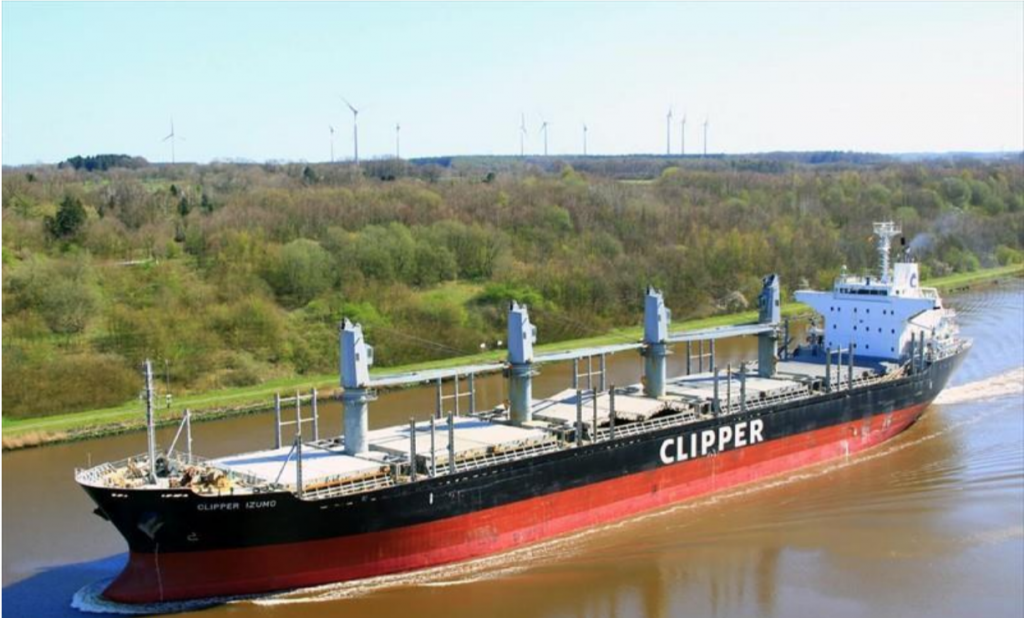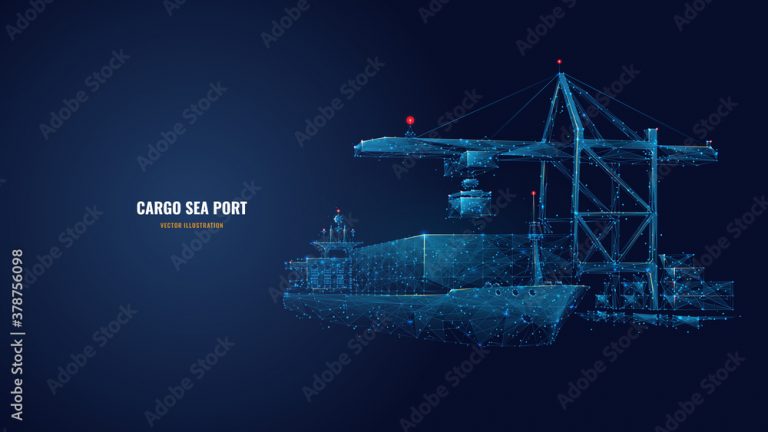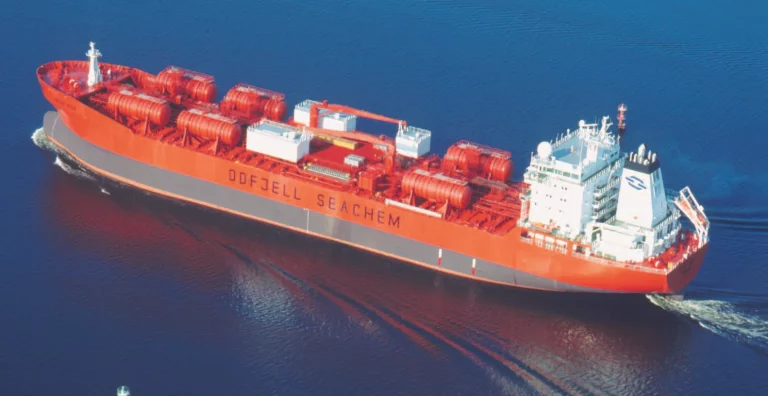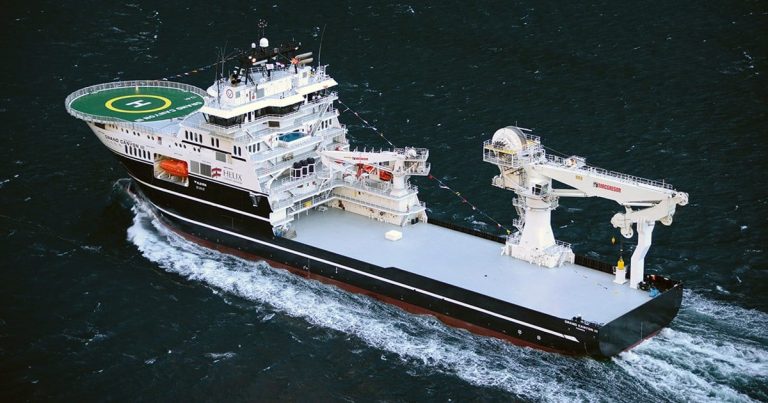
Handysize Bulk Carriers
Handysize bulk carriers are a class of smaller bulk carriers, typically ranging from 20,000 to 50,000 deadweight tonnage (DWT). These vessels are highly versatile and play a crucial role in the global shipping industry, transporting a wide range of bulk commodities.1
Key Features of Handysize Bulk Carriers
- Compact Size: Their relatively smaller size allows them to access a wider range of ports, including smaller and less developed ports.2
- Flexibility: Handysize carriers can transport a variety of bulk cargoes, such as grains, coal, iron ore, and fertilizers.3
- Maneuverability: Their smaller size makes them more maneuverable in ports and canals.4
- Economic Efficiency: They offer a good balance between cargo capacity and operating costs.
The Role of Handysize Bulk Carriers in Global Trade
- Coastal Trade: Handysize carriers are often used for short-sea trades, transporting goods between nearby ports.
- Export and Import: They play a crucial role in exporting goods from resource-rich countries to global markets.
- Intra-Regional Trade: These vessels facilitate trade within specific regions, such as Asia, Europe, and the Americas.
Challenges Faced by Handysize Bulk Carriers
- Market Volatility: The shipping industry is subject to fluctuations in demand and supply, affecting freight rates and vessel utilization.5
- Fuel Costs: Rising fuel prices can significantly impact operating costs.6
- Environmental Regulations: Stricter environmental regulations can lead to increased compliance costs and operational challenges.
- Port Congestion: Port congestion can delay cargo operations and increase costs.7
The Future of Handysize Bulk Carriers
Despite these challenges, handysize bulk carriers remain an essential part of the global shipping industry.8 Technological advancements, such as improved engine efficiency and digitalization, are helping to increase the efficiency and sustainability of these vessels.9 As global trade continues to grow, the demand for handysize bulk carriers is likely to remain strong.
Would you like to know more about other types of bulk carriers or the specific challenges faced by the shipping industry?



